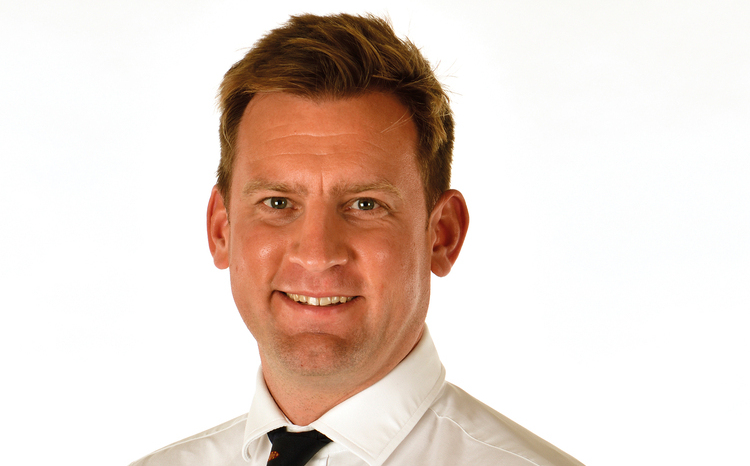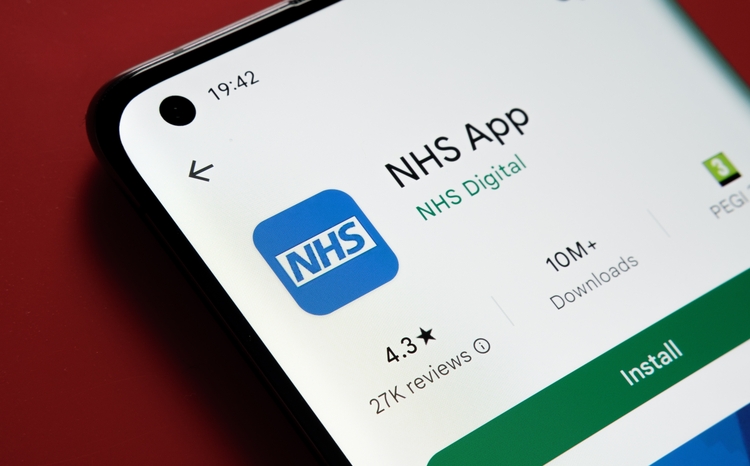Accurx patient SMS messaging reduces waiting list in Leicester

University Hospitals of Leicester NHS Trust’s (UHL) has seen waiting lists fall by 10% after it introduced a patient SMS system.
The trust has been using Accurx’s patient messaging feature on its waiting lists across four initial specialities – neurology, paediatric pain, gynaecology and long Covid – to communicate with patients via SMS to find out if they still need their overdue first appointment or follow-up appointment.
A total of 2,093 patients have been contacted across the initial four specialities via Accurx SMS, asking if they still require the service simply by replying ‘Yes’ or ‘No’.
Of all the respondents, 10% said they no longer needed the service and these patients were subsequently moved from the waiting list, freeing up appointment slots that can be offered to others which in turn is helping the trust to move through its backlog more efficiently.
Aimee Geary, strategy and partnerships manager at UHL, said: “This latest work with Accurx has been so successful that we’ve very quickly rolled it out across even more specialities in our trust.
“Being able to easily and quickly communicate with patients, through simple technology, means we are confident we can move through the backlog faster.”
Accurx’s patient messaging feature works by allowing a healthcare professional to request a single response from a patient, meaning there is no risk of a patient sending multiple reply messages.
Patients have seven days to respond to a message, and when they do, the response goes directly into the NHS inbox of that healthcare professional or team.
UHL has now rolled out Accurx SMS messaging to validate patients on its waiting lists across 15 other specialities, including paediatrics, epilepsy and respiratory. To date, nearly 18,000 patients have been messaged and the trust are now waiting for all responses to assess the results.
Dr Satya Raghuvanshi, head of clinical at Accurx, said: “Trusts across the country have been working incredibly hard to tackle the backlog for elective care and ensure patients are seen as quickly as possible.
“But current ways of communicating with those patients on waiting lists, like calling them or sending letters, only add to the administrative burden staff face, waste hours of time and lead to patients getting lost in the system and missing out on crucial care.
“Our work with University Hospitals of Leicester NHS Trust illustrates the power that really simple technology to enable communications with patients can have on the elective backlog. We’re looking forward to continuing to see the impact at UHL in helping other services in the trust manage their waiting lists more efficiently.”
It has been a significant year so far for Accurx. On top of collaborations with the likes of UHL, Digital Health News exclusively revealed back in May that Accurx is rolling out the first nationally-available patient record viewing system.
Record View is the only record viewing system that has patient permission built into its core, enabling patients to be in control of their information and choose who it is shared with.




